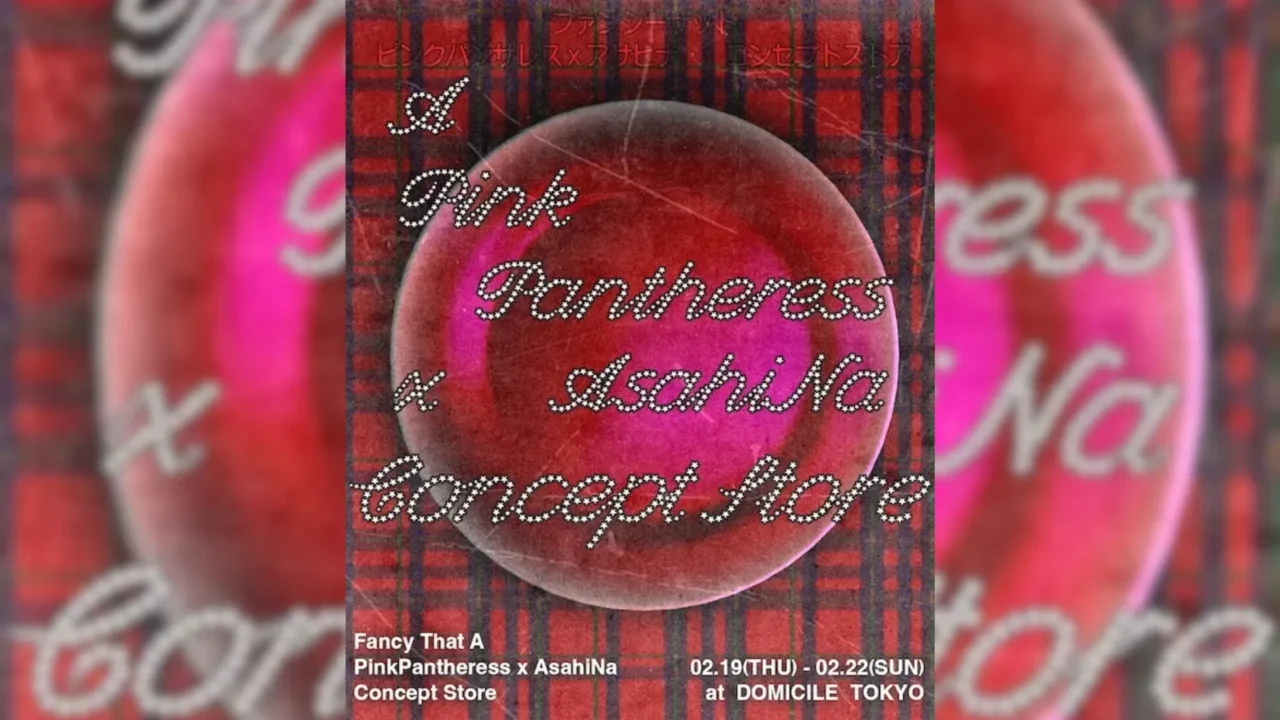INDEX
Epistemological Relativism: A Central Theme in the Film
What exactly is epistemological relativism? I don’t have the luxury to delve into advanced philosophical discussions, and moreover, it far exceeds my own capabilities as a writer. If I were to simplify it at the risk of oversimplification, it is the idea that ‘our knowledge about reality always depends on the logic of situations and communities, and is not absolute but relative.’
Yes, if you’ve watched the movie up to this point, you would quickly sense that the movie itself is deeply imbued with an epistemologically relativistic perspective.

At first, Elizabeth believes that there is a “truth” (reality) about the case that is hidden from the tabloid press and various scandalous rumors, and she tries to explore it through all kinds of hands-on interviews. However, what emerges from her conversations with Joe, her interviews with the people around her, and above all, her assimilation of Gracie, is not just one fact, one reality, but a completely different and startling “fluctuation of truth” (but only one).
Elizabeth’s experience of the backsliding or evaporation of “truth” is a practical lesson in epistemological relativism.
The history of cinema can provide various examples of filmmakers who seem to have internalized this kind of epistemological relativism (sometimes without being aware of it), including Alain Robbe-Grillet, David Lynch, and Hong Sang-soo. However, ‘May December’ is unique in the sheer brilliance of its deception, which makes the viewer believe in a seemingly naive and empiricist realism, and expects that the information given on screen will come together to arrive at an unmistakable truth. The film is unique in the sheer brilliance of its deception.
And the technique used to pull off this deception is the use of music that is so convincing that the filmmaker willingly indulges in mystery by appropriating soundtracks from past melodrama films. The fact that the theme by Legrand, a master of film music, is given such a high-context dislocation, and a remarkable dissimilar effect is produced throughout the entire film, is an attitude that combines an attachment to a certain historical design with kitschy humor, in other words, a “camp” (*) attitude in every detail, which can only be achieved by an artist who has made the film his own. In other words, only an artist who has made the “camp” (*) attitude his or her own can pull this off. Only a filmmaker who has made “camp “* his own could have pulled off such a feat, as Todd Haynes has done with “Velvet Goldmine,” “Beyond Eden,” and “I’m Not There” over the course of his long career.
*Ed. note: A style or aesthetic or spirit that is artificial, exaggerated, and out of the norm, as exemplified by the drag queen’s attire.























